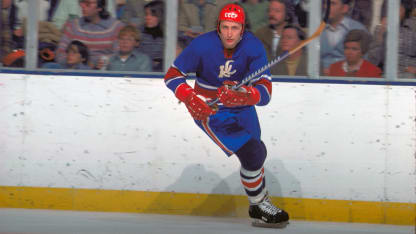The 2018 Hockey Hall of Fame induction is Monday. This class includes NHL Commissioner Gary Bettman, and Willie O'Ree, the first black player in the NHL, in the Builders category as well as former players Martin Brodeur, Martin St. Louis, Alexander Yakushev and Jayna Hefford. Here NHL.com columnist Dave Stubbs profiles Yakushev.
Yakushev made mark in Summit Series en route to Hockey Hall of Fame
Russian forward savors memories of landmark clash with NHL stars in 1972
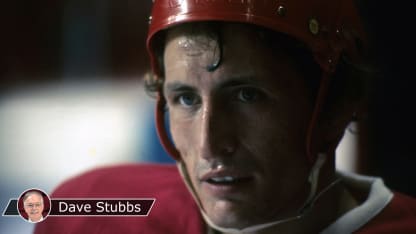
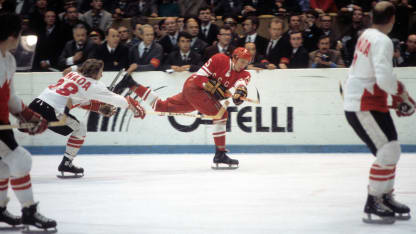
© Melchior DiGiacomo/Getty Images
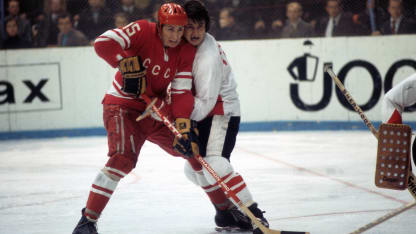
© Melchior DiGiacomo/Getty Images
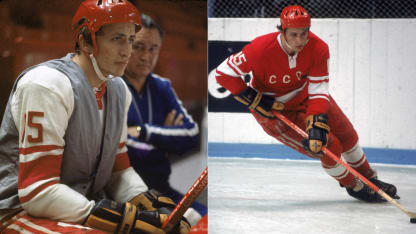
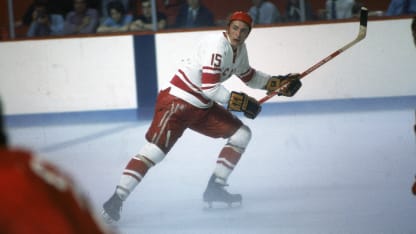
© Melchior DiGiacomo/Getty Images
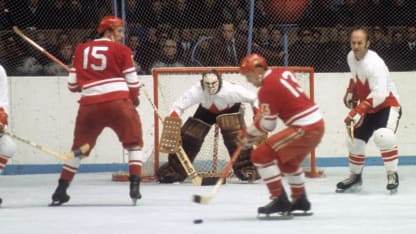
© Melchior DiGiacomo/Getty Images
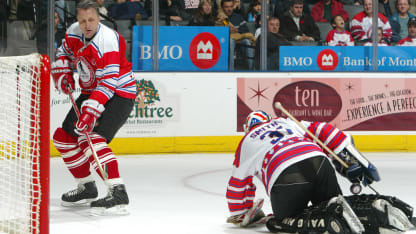
© Dave Sandford
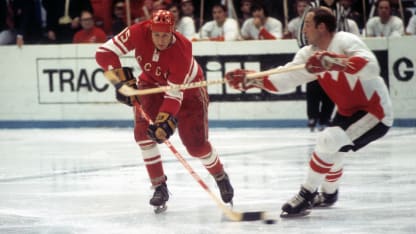
© Melchior DiGiacomo/Getty Images
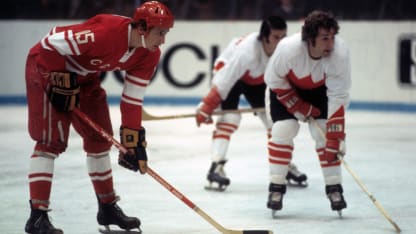
© Melchior DiGiacomo/Getty Images
